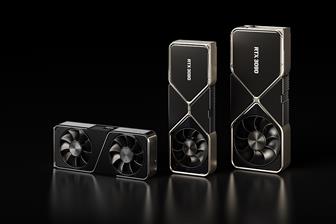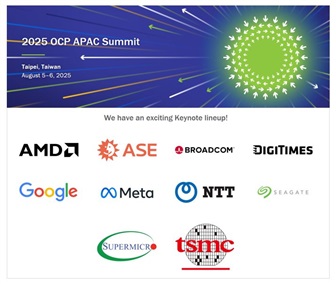
Nvidia has introduced its new GeForce GTX 650 Ti Boost GPU. Based on the Nvidia Kepler architecture and equipped with 768 CUDA cores, the GTX 650 Ti Boost GPU is available in 2GB and 1GB configurations at an estimated US$169 and US$149, respectively.
With up to 40% more performance over the original GeForce GTX 650 Ti GPU introduced last year, the new GeForce GTX 650 Ti boost features support for Nvidia's GPU Boost technology, which dynamically adjusts GPU performance to meet the graphics processing demands of games, and Nvidia SLI technology, which allows gamers to use multiple GPUs to double performance, the company noted.
With a wider 192-bit memory interface and up to 60% more memory bandwidth than the original, the GeForce GTX 650 Ti Boost GPU is able to support resolutions up to 1080p.

Samsung HKMG DDR5
Samsung Electronics has expanded its DDR5 DRAM memory portfolio with a 512GB DDR5 module...
Photo: Company

Nvidia GeForce RTX 30 series GPUs
Nvidia's GeForce RTX 30 series GPUs are powered by the company's Ampere architecture. The...
Photo: Company

Apple HomePod mini
Apple's HomePod mini is the newest addition to the HomePod family. At just 3.3 inches tall,...
Photo: Company

Apple 13-inch MacBook Pro with Magic Keyboard
Apple has updated the 13-inch MacBook Pro with the new Magic Keyboard for an improved typing...
Photo: Company

Apple iPad Pros
Apple's new iPad Pros comes with the latest A12Z Bionic chip, an ultra-wide camera, studio-quality...
Photo: Company
- Musk says chip capacity will decide winner of AI race (Mar 21) - EE Times
- Google taps MediaTek for cheaper AI chips (Mar 17) - The Information
- European project gets $260 million for HPC chip sovereignty (Mar 6) - EE Times
- The trouble with MAGA's chipmaking dreams (Mar 3) - Economist
- Automotive chips: Gloom and doom or boom by 2030? (Feb 14) - EE Times
- Deepseek is more Wall Street than Silicon Valley (Feb 3) - Culpium, by Tim Culpan
- Tech CEOs try to reassure Wall Street after DeepSeek shock (Jan 30) - Wall Street Journal
- TSMC to make chips for cryptominer Bitdeer at new US fab (Jan 17) - Culpium, by Tim Culpan
![]() Exclusive: Infineon GaN chief on strategy, market gains after TSMC's exit
Exclusive: Infineon GaN chief on strategy, market gains after TSMC's exitInfineon Technologies' acquisition of GaN Systems has bolstered its wide bandgap semiconductor portfolio...
![]() OCP Summit
OCP SummitThe Open Compute Project (OCP) is bringing together APAC communities for a very special two-day, in-person Summit to explore the many challenges and...

Humanoid robotics, 2025 - Market trends, critical components & strategic shifts
DIGITIMES believes that due to the high cost of hardware components, humanoid robots can hardly see rapid adoption across various...

Innolux deployments with Pioneer acquisition
Innolux to invest NT$33.7 billion to acquire Pioneer, a move driven by three key strategic initiatives to expand its automotive...

South Korea panel maker business status
South Korea's two major panel makers have made progress in restructuring their businesses and will continue to strengthen OLED...






